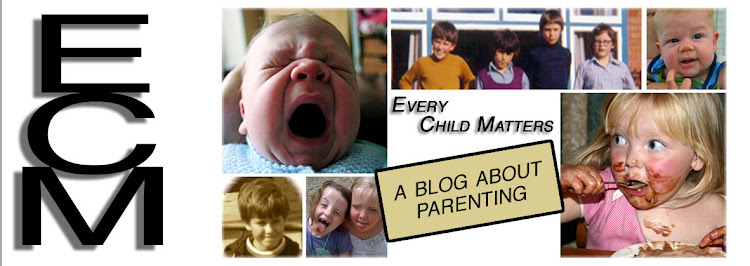The following is the text of my complaint to the BBC over their online piece, Could Khyra Ishaq have been saved? I will be making further complaints about other BBC reportage as I come across it. I urge everyone to do the same.
I am complaining about the way in which the death of Khyra Ishaq is reported on the BBC News website. The BBC has a responsibility to follow the Broadcasting Code on impartial and accurate information in its news reporting. There are some factual inaccuracies in the article, but the main thrust of my complaint is that the article's text and layout severely bias the reader to accept a negative view of home education, and to accept the government's current political agenda, strongly rejected by the other two main parties and many independents, that home education in England should be regulated.
There are two views on Khyra Ishaq's absence from school. The almost exclusive promotion of the government's view, especially at this time, is politically biased. There is also much to say about her time whilst in school and the extent to which she was failed by children's services in that period; a children's services which were found not fit for purpose. Surely that is the story which should have been reported here: that a schoolchild was failed, and that when she was taken away from school this failure continued.
The article repeats several times in highlighted text the government line that Khyra Ishaq was home educated, when in fact she was just taken out of school by her mother. Her home education is reported as fact, when it is actually an interpretation which the government and Birmingham City Council have promulgated. It is inaccurate to say that a child who has never been de-registered from school is home educated. The truth is that she was truant. Just because Birmingham City Council and Ed Balls say she was home educated doesn't make it so.
Social Services were aware of concerns for Khyra expressed by the school several times, well in advance of her being withdrawn in December 2007. That this is not mentioned in the article gives undue emphasis on her time out of school which is politically expedient for the government's proposed plan to regulate home education.
The BBC journalist researching this story was certainly aware of these facts but has chosen to ignore them. The effect is that the way the story is reported ties Khyra Ishaq to the current Children Schools and Families Bill going through Parliament in a way that is beneficial to the government, just at a crucial time when it is about to enter debate in the House of Lords.
The erroneous idea that Khyra was home educated gives the journalist an excuse to give copious space to the views of the ex-chairman of several government reviews, Graham Badman. The amount of text given to what Mr Badman says , including the pull quote on the top right hand side of the article, is disproportionate. Whilst the government maintain that Mr Badman's views are accurate, there has been enormous controversy over the issue which should not and must not be ignored in a balanced article. That these views have been given space without a similar space being given to those many home educators and Members of Parliament who have repeatedly contested them, gives the article a political bias.
As an example, take this quote:
"He said while the number of serious cases involving people who were home educated was "very very small" studies also showed you were twice as likely to be the subject of a child protection plan if you were electively home educated than if you were part of the general population."
"Studies" do not show this at all. Mr Badman conducted a survey of Local Authorities which produced a small, self selected set of replies, some of which showed a high proportion of home educated children on CPPs. The conclusion he drew from this, which is unquestioningly repeated in the article, has been discredited by many people including most recently by Graham Stuart MP in the CSF Select Committee enquiry into the Badman Review, and in debate over the CSF Bill in the House. Statisticians have trounced Mr Badman's misuse of figures, and the canvassing of a much larger set of Local Authorities through Freedom of Information Act requests has revealed that home educated children are actually far less likely to be at risk of abuse. Again, the BBC should be well aware of the volume of evidence against Mr Badman's figures, but has chosen to ignore it.
It could be argued that the BBC is merely reporting the controversial views of Mr Badman, however, the disproportionate amount of space given to these views without any counter argument lends a political bias to the piece in favour of the government's regulation agenda, and the very controversy over his views makes it essential that a balanced piece would either provide equal weight to opposing views, or omit Mr Badman's views altogether.
Oh a personal note, I find it sickeningly predictable that the government is once again using the death of a child to further its political agenda. However, I find it incredible that the BBC uncritically supports them in this political aim through articles like this one and the similar inaccurate and biased reportage I hear today through other media.
